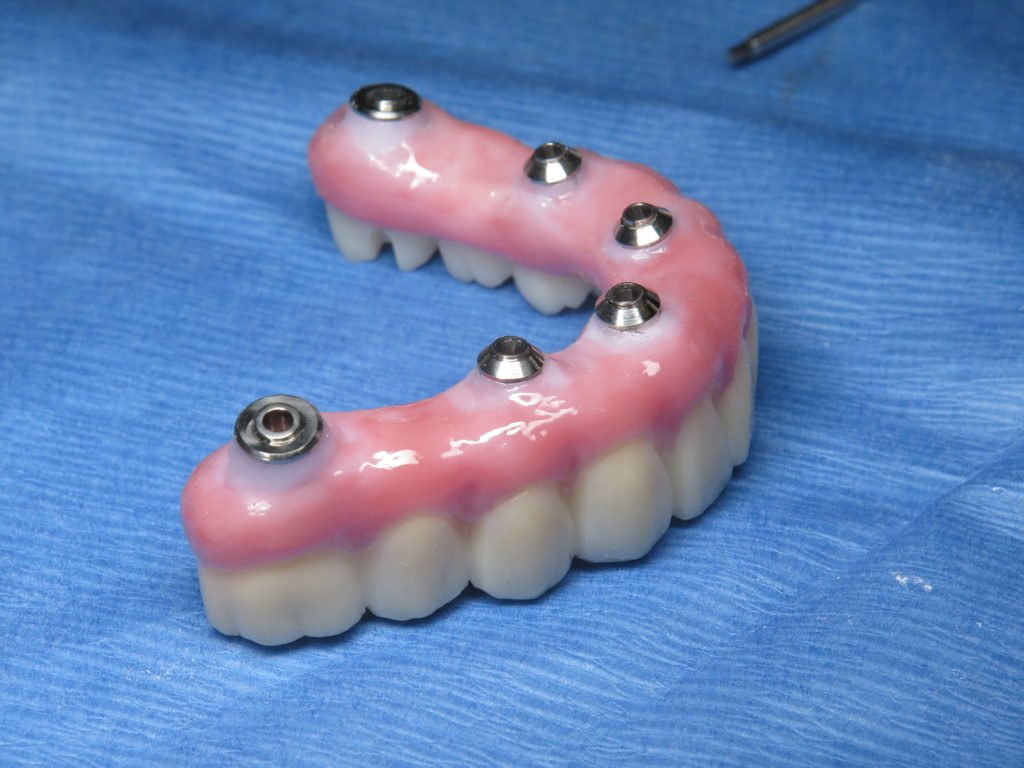Dental implants have revolutionized the field of dentistry, offering a durable, aesthetically pleasing solution for tooth loss. Unlike dentures or bridges, dental implants provide a long-term, reliable solution that mimics the look and function of natural teeth. This article explores the numerous benefits of dental implants, covering aspects such as functionality, appearance, oral health, and overall quality of life.
1. Enhanced Aesthetic Appeal
One of the primary benefits of dental implants is their ability to restore the natural appearance of your smile. Implants are designed to look, feel, and function like natural teeth. They are custom-made to match the color, shape, and size of your surrounding teeth, ensuring a seamless blend and a more attractive smile. This can significantly boost your self-confidence and improve your social interactions.
2. Improved Oral Function
Dental implants restore full chewing power, allowing you to eat your favorite foods without discomfort or restrictions. Unlike dentures, which can slip and make eating difficult, implants are securely anchored into the jawbone, providing a stable and strong foundation. This stability not only improves your ability to chew but also allows you to speak more clearly and confidently.
3. Durability and Longevity
Dental implants are known for their durability and longevity. Made from biocompatible materials like titanium, implants can last a lifetime with proper care. This makes them a cost-effective solution in the long run compared to other dental prosthetics, which may need frequent replacements or adjustments.
4. Preservation of Jawbone Health
One of the lesser-known benefits of dental implants is their role in preserving jawbone health. When a tooth is lost, the jawbone in the empty space deteriorates due to lack of stimulation. Implants mimic the natural root of a tooth, providing the necessary stimulation to the jawbone, which helps maintain its density and shape. This prevents the sunken appearance often associated with missing teeth and aging .
5. Protection for Adjacent Teeth
Dental implants do not require the alteration of adjacent teeth, unlike traditional bridges, which require the grinding down of neighboring teeth for support. This helps preserve the integrity and health of your remaining natural teeth. Additionally, implants fill the gap left by a missing tooth, preventing adjacent teeth from shifting into the empty space, which can lead to bite misalignment and other oral health issues.
6. Enhanced Comfort and Convenience
Unlike removable dentures, which can be uncomfortable and inconvenient, dental implants are a permanent solution that feels completely natural. There are no messy adhesives required, and you don’t need to worry about removing them for cleaning. Implants are cared for just like natural teeth, with regular brushing, flossing, and dental check-ups.
7. Improved Speech
Missing teeth and ill-fitting dentures can affect your speech, causing slurring or mumbling. Dental implants enable you to speak without the worry that teeth might slip, thus allowing for clearer and more natural speech. This can significantly improve your communication abilities and boost your confidence in social and professional settings.
8. High Success Rate
Dental implants have a high success rate, often exceeding 95% with proper care and maintenance. Factors that contribute to the success of implants include good oral hygiene, regular dental visits, and overall health. The predictability of the procedure and its outcomes makes it a reliable choice for tooth replacement .
9. Improved Quality of Life
The cumulative benefits of dental implants—enhanced appearance, restored oral function, improved comfort, and convenience—contribute to an overall better quality of life. With implants, individuals can enjoy their favorite foods, engage in physical activities without fear of denture slippage, and maintain their oral health with less hassle.
10. Versatility in Treatment Options
Dental implants are incredibly versatile and can be used to replace a single tooth, multiple teeth, or even support a full arch of teeth in conjunction with dentures (implant-supported dentures). This flexibility allows for customized treatment plans tailored to meet the specific needs and goals of each patient.
Conclusion
Dental implants offer a multitude of benefits that make them an excellent choice for tooth replacement. They provide a natural look and feel, restore full oral function, and contribute to overall oral health and quality of life. Their durability, high success rate, and ability to preserve jawbone health set them apart from other dental prosthetics. For anyone considering tooth replacement options, dental implants present a compelling, long-term solution.
Investing in dental implants not only enhances your smile but also improves your overall well-being, making them a valuable consideration for those dealing with tooth loss.

